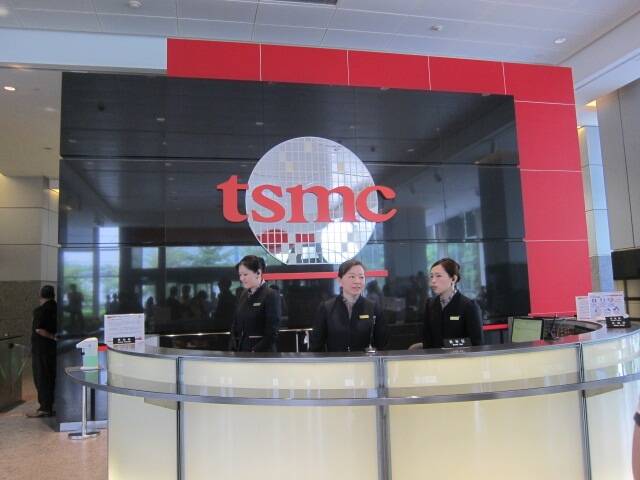The Bavarian state government in Germany announced a partnership with TSMC to establish an AI chip R&D center at the Technical University of Munich. The center, named "Munich Advanced Technology Center for High-Tech AI Chips" (MACHT-AI), will be led by Professor Hussam Amrouch of the university. This will open up new opportunities for cooperation between the Technical University of Munich and TSMC, strengthen Europe's chip design capabilities, and cultivate local semiconductor talent in Germany.
In May this year, TSMC announced at the European Technology Forum that it will set up a chip design center in Munich to assist European customers in developing high-performance chips for applications in areas such as automobiles, artificial intelligence, and industrial Internet of Things. It is expected to be put into use in the third quarter of this year.
After more than three months of development, the AI chip R&D center in Munich has finally been established. TSMC will provide relevant technical support and plan to focus on developing high-performance, customizable AI chips, while training students and researchers to master processes including fin field-effect transistors (FinFETs).
Thomas Hofmann, president of the Technical University of Munich, pointed out that Amrutsch is an important expert in the field of hardware design at the university. The new center will further deepen the school's teaching and research in the fields of FinFET process and AI hardware design, and open up new cooperation opportunities for the Technical University of Munich and TSMC.
Local media reported that the establishment of the AI chip R&D center is jointly funded by the Bavarian State Ministry of Science and the Ministry of Economics, with a total amount of approximately 4.5 million euros (approximately NT$160 million).
Bavaria's Science Minister Markus Blume said that thanks to the cooperation with TSMC, they will be able to cultivate local talent in the world's most advanced chip technology.
Hubert Aiwanger, Bavarian Minister of Economics, said that Europe is still facing the challenge of insufficient professional talent in the field of AI chip design, and the AI chip R&D center will help fill the gap in Germany's semiconductor talent.

å°ç©é»èå¾·åæå°¼é»å·¥æ¥å¤§å¸ã©æ è¨ç«AIæ¶çç ç¼ä¸å¿ - èªç±è²¡ç¶
ãè¨èæ´ªåè³ï¼æ°ç«¹å ±å°ãå¾·åå·´ä¼å©äºé¦æ¿åºå®£å¸èå°ç©é»åä½ï¼å¨æå°¼é»å·¥æ¥å¤§å¸è¨ç«AIæ¶çç ç¼ä¸å¿ï¼å¨åçºãæå°¼é»é«ç§æAIæ¶çåé²æè¡ä¸å¿ãï¼MACHT-AIï¼ï¼ç±è©²æ ¡ææé¿å§é¯å¥ï¼Hussam
 ec.ltn.com.tw
ec.ltn.com.tw
